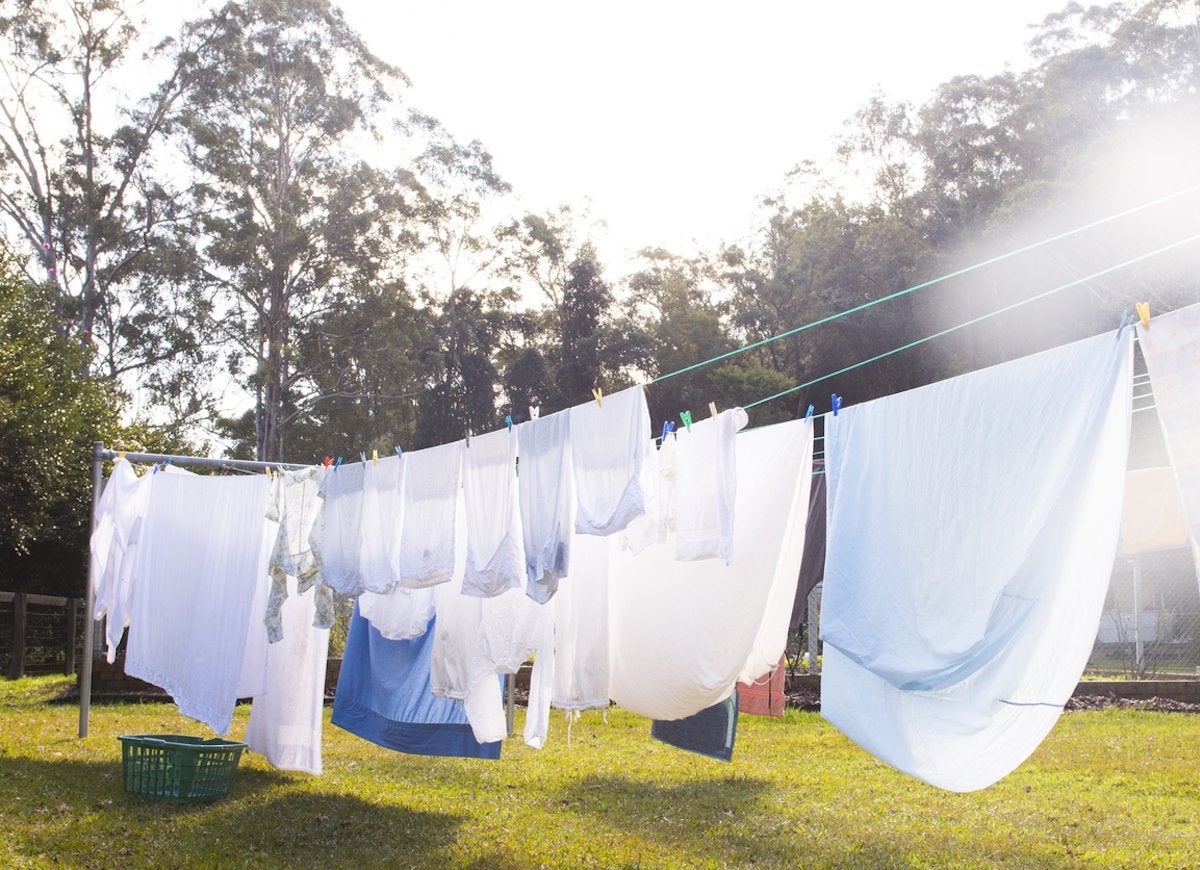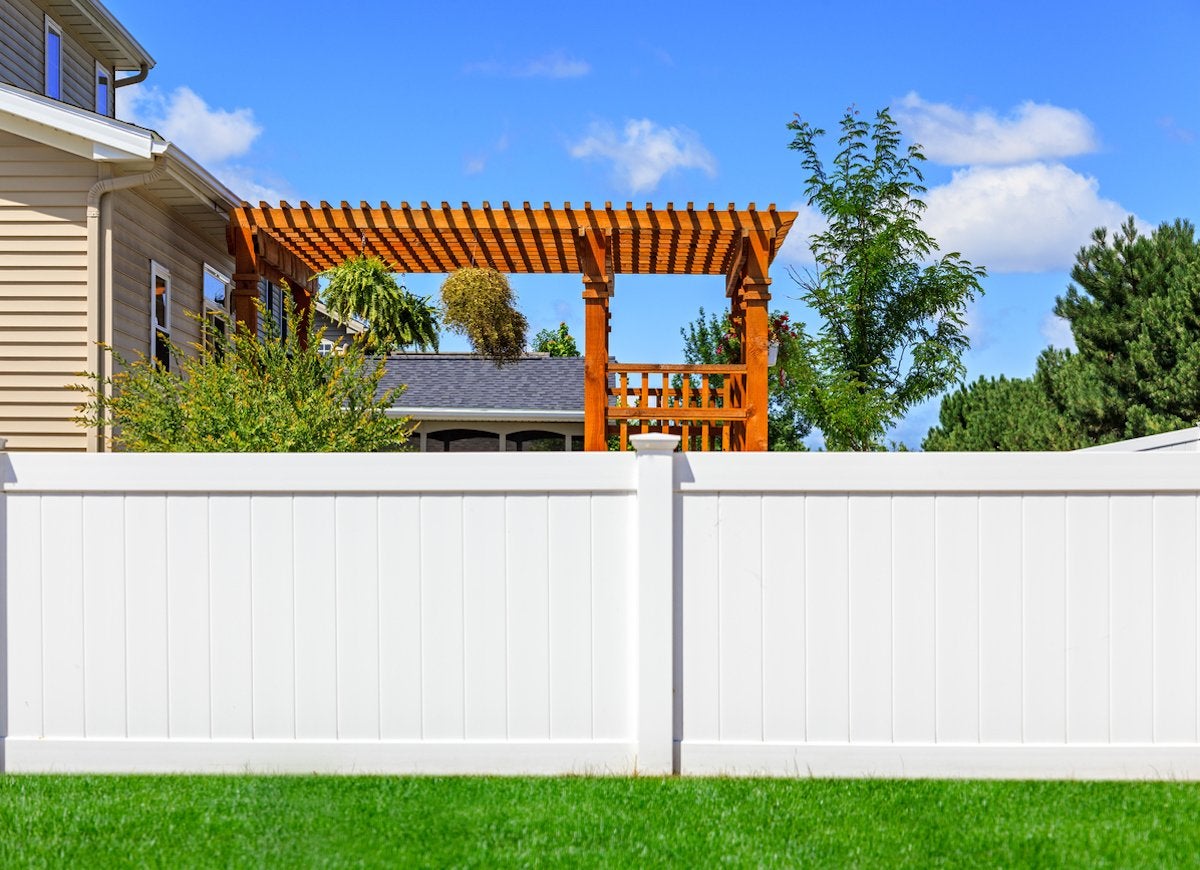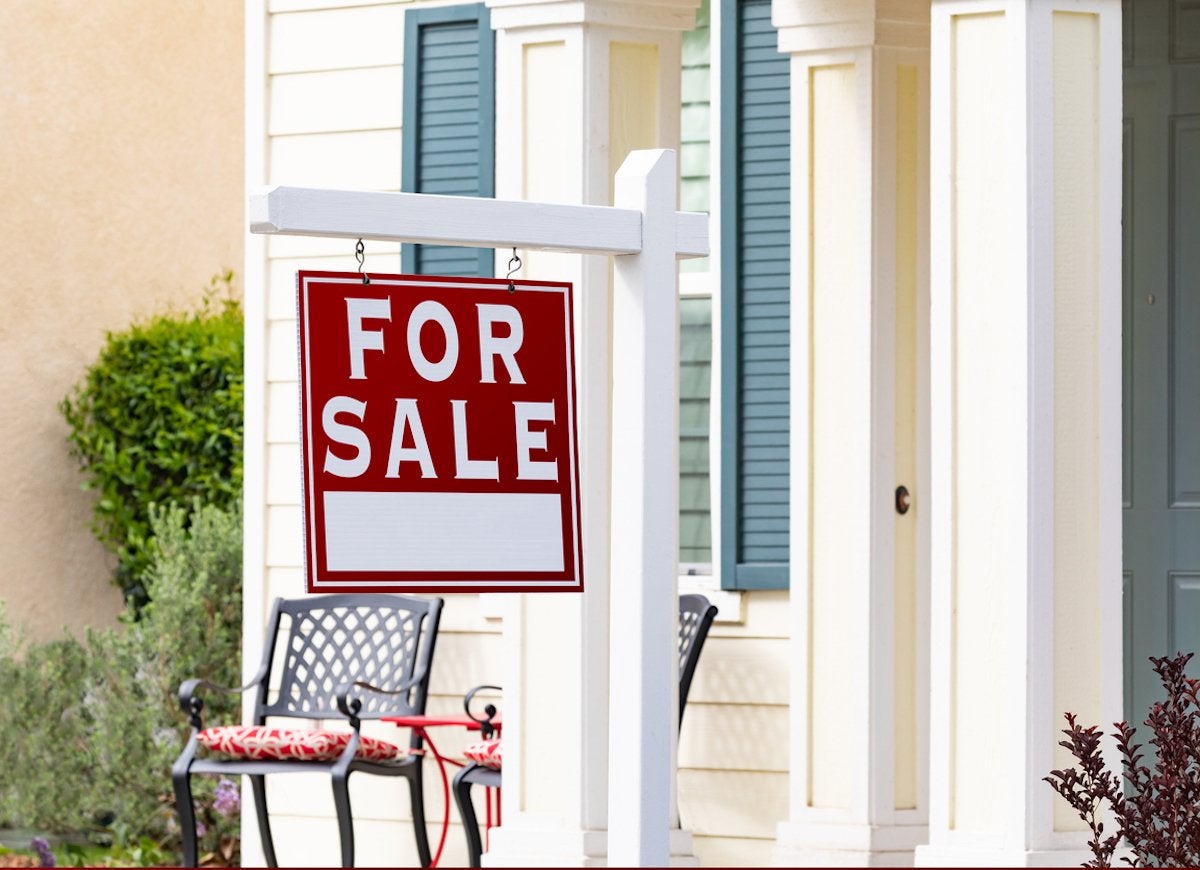We may earn revenue from the products available on this page and participate in affiliate programs. Learn More ›
Laws Vary by State

While HOAs have legal standing to enforce their rules, those rules must comply with state laws. Homeowners often don’t know the laws in their state so they don’t realize that they may be spending time, effort, and money complying with restrictions the HOA cannot legally enforce. If you’re wondering whether an HOA rule is legit, check out this website to see the laws specific to your state.
Parking Constraints

HOAs regularly limit how and where homeowners can park their vehicles. For example, you may not be able to park in the street in front of your house, and the HOA may even restrict the type of vehicle you can leave parked in your driveway, banning potential eyesores like ATVs or motor homes. In addition, some HOAs do not allow homeowners to leave their work-related vehicles, such as delivery vans, parked in the driveway.
Pet Restrictions

An HOA can restrict the type of pet you can own—or whether you can even own one. Pet regulations are common in townhouse developments and other neighborhoods where homes are situated close together and fences are not permitted. Some HOAs will allow you to have an indoor pet, such as a cat, or they may permit small dogs but prohibit large breeds like Great Danes. If you violate these rules, you could legally be forced to rehome your pet.
Laundry Bans

Do you love the fresh smell of bedsheets dried on a clothesline in the sunshine? Hanging your laundry outdoors could earn you a fine if your community’s HOA board has determined that the sight of laundry blowing in the breeze makes the neighborhood look junky. This is, however, one of those bans where your state may overrule the HOA. Because line-drying conserves energy, some states have adopted right-to-dry laws that take precedence over HOA laundry bans.
Fence Prohibitions

No-fence rules are common in housing developments where unrestricted views of expansive lawns are desired. As such rules can deprive children of a safe, enclosed play area, families with youngsters may dislike having to comply with them. No-fence rules can also prevent a homeowner from installing a backyard pool, because most local building codes require that swimming pools be surrounded by a locked fence for safety reasons.
Related: 12 Things You Don’t Realize Are Annoying Your Neighbors
Fee Increases

The HOA board can charge whatever fees they deem necessary to pay for shared costs in the neighborhood. While the annual fees may be a few hundred dollars when you first move into your home, if the HOA decides to install tennis courts or a clubhouse, your fees could jump to thousands of dollars per year. If you’re not able to pay the fees, you may end up having to move.
Related: 11 Ticking Time Bombs in Your House—and What to Do About Them
Approvals for Renovations

Don’t even think about putting an addition on your home unless you get permission from the HOA board. An HOA can regulate the type of addition (one or two story) and the type and color of the siding. The board can even determine whether you can construct an addition in the first place. This rule also applies to upgrades like adding a storage shed in your backyard or building a deck or patio. If you don’t comply, the HOA could have a judge force you to remove the improvements.
Landscaping and Lawn Care

In most HOAs, failure to keep your grass mowed and hedges neatly trimmed will result in a fine, but some HOAs take it a step further. For instance, any tree you plant may have to be a certain species, and the HOA can even dictate where you can plant it. You may also be restricted as to what kind of annuals you grow in your window boxes and the type of grass in your lawn.
Forced Sales

If you end up on the wrong side of the HOA board—for instance, if you have refused to pay your dues or racked up unpaid violation fees—the board could take legal steps to foreclose on your home and run you out, even if your mortgage is in good standing or you own your home outright. Whether the HOA can do this and the process the board must follow depend on the laws in your state, but it’s possible that you could lose your house for something as basic as missing a few dues payments. Alternatively, the board can place a lien on your home for the amount of money you owe, and you won’t be able to sell your house until the lien is paid.
Fighting a Ruling

If the HOA board is trying to enforce rules you feel are not in the neighborhood’s best interest, you can present your case in court. This should be a last resort, because legal fees can run in the thousands. If you strongly feel you’re being treated unfairly, talk to an attorney who specializes in HOA law. One Kansas City resident, for instance, successfully fought and won his case against unfair HOA rules.
Heads Up About HOAs

Read through all the HOA rules before you buy in a neighborhood, so you know exactly what to expect.

Everything You Need for a Lush and Healthy Lawn
Keeping your grass green and your plants thriving doesn’t just take a green thumb—it starts with the right tools and supplies.

